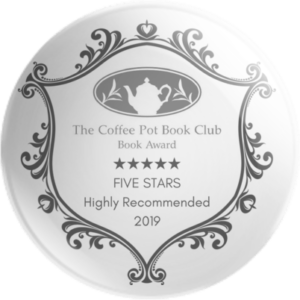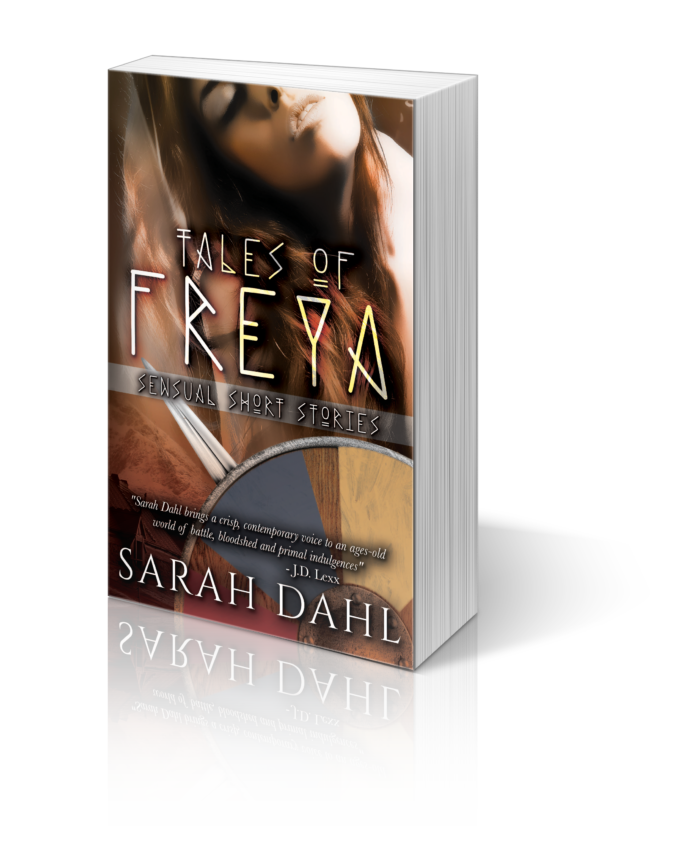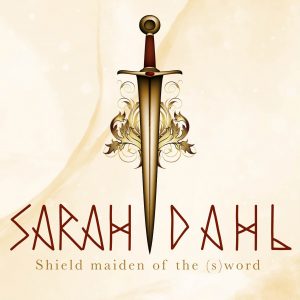Authors, there’s no shortcut!
Don’t ALL artists need years of practise before going public?
Since the advent of self-publishing, writers seem to be the only artists often thinking they can just skip and shortcut the training phase and hit “publish” as soon as the book is written. Isn’t that so?
If only they didn’t think of themselves as “authors” like all the others straight away. If only they didn’t expect success. An athlete needs years, often a decade, of training before he can even think of being able to compete with bigger names. A painter will spend years practising his art, to find his style, his own “handwriting”, to find out what it is he “has to say” and how to best present it — BEFORE s/he goes on to do exhibitions in galleries and invite the whole world to come judge them. Musicians first have to spend years learning their instrument, how to use their voice, and how to write songs — but many indie-authors?
I know you don’t have the money — nor do I
I consider myself one of the professionals. I write full-time, and work with other professionals to improve myself and the work. But I very recently pulled my free ebook and put it back in the virtual drawer, because it may be entertaining, but it was the first one I published, and it lacked proper editing — by a professional. It wasn’t “the best book I could possibly produce”. But this is a maxim, I’d hope, before one goes to publish his work; and it is repeated by most household-names in the (indie-) industry: first, write the damned best book you can!
Not just a flow of thoughts, poorly edited, and never really revised with professional advice. Professional advice is NOT well-meaning friends. It can be beta-readers with industry- and editing knowledge, who are pro’s in their own right, and avid readers, who could slay a bad book and exactly tell you why. Those are my betas. They improve my work all the time; and I wouldn’t go out and publish thinking I can do it all by myself. I’d rather hold back for now, and produce in the background, until everything is said and done.
You’re not thinking you can be professional all on your own, are you?
I’ve read several blogs, twitters etc. that state the same experience I have made: authors (i.e. someone who has written a book, for the first or second time) seem to think they can shortcut the usual practising time.
It is not the first, but probably the tenth time now that I was offered a free self-published book to review, and then was shocked at the poor quality — in writing, story-building, editing, formatting. I was often tempted to reply with a brief decline and not invest my time any further, but then always thought it wouldn’t help them. These writers are meaning no harm. They’re just excited, spurred on by those well-meaning, supportive friends and fellow indies, and really believe their story is worth publishing. I often wanted to tell them to pull their book and start from scratch, and only go back to publish after years of training the craft: of bettering themselves and understanding what it takes to compete with trad-published books.
Instead, I opted for helping them. I wrote pages of detailed feedback on several aspects, highlighting the good and the bad, in order to help them grow and see where they lacked, in my opinion. I want all of us indies to be as good as we can — also in order to keep up levels of professionalism in self-publishing. We can’t, like Kristen Lamb so rightly says, hand the whole slush pile over to readers now. But it’s what is happening.
Amazon has become a playground for too many hobby-writers, who all think they have something to say
For readers it has become increasingly hard to judge books and get what they expected for their money. So many writers think they have something important to say, or a great story, well-written. They probably have something important to say. Because what I admired about those weaker books is the blood, sweat, and tears that went into the topics. They weren’t your usual bog standard plots. They sounded like personal experiences of some sort — the author wanted to get something almost intimate off their chest. Very personal stories, almost memoir-like. This is what many, many indies start out with: maybe they don’t even want to be “a writer” as such, making a living from writing, but they just wanted to get this one story out which weighed them down. Isn’t it legit then to use Amazon and reach other people who experienced similar stories? Their MANY positive reviews seem to support that view.
But the positive feedback amateurs constantly get — why, oh why?
And without sounding arrogant: these first-time books with poor writing DO get enthusiastic (5-star) reviews, many of them, more than I could dream of, and I was almost annoyed at that. Don’t these enthusiastic readers see the strange punctuation, the amateurish build-up, boring phrasing, repetitions, and over-used metaphors, etc. etc.?
In fact, I think they do, but to them it maybe doesn’t matter that much. These people (unlike me, a writer struggling to get all that right, and often unable to relate to their topics), they CAN relate to the content, the story as such! That’s what makes these books a “success”, despite the execution as such, the lack of experience and practise of the writers. As long as the author is hitting a nerve, readers will want to invest their time and read the story. It obviously doesn’t have to be perfectly crafted. It has to tell “their” story, which in many cases is the story so many readers can relate to. Stories of personal loss, self-loathing, and very moving individual journeys (I said, most read like memoirs, or diaries), which after many ups and downs have a happy ending. Readers go onto those journeys happily, laugh and cry with the author — and fuck great crafting.
Hmm.
So writing actually isn’t like sports. Writing success cannot be measured like that of an athlete who does 100 m in under ten seconds and he’s world-class. Look at E. L. James. She became world-class (in sales! only…) without the crafting. She moved people, fuck good writing (no puns intended). Her 50 Shades-story is like these stories I want to rip apart at first glance: given to really good editors, it could have been a much better book. One that receives good reviews not ONLY for the exciting storyline, but the complete product, cover to punctuation.
Does this mean I now can skip all the painful, month-long revising, editing, beta-readers-satisfying, and formatting-shit?
Of course not. It’s two different things. Or several kinds of writers these days:
- hobby-writers, who, like hobby-musicians, love their hobby and from time to time want to share it with an audience. Let’s say that’s the pupil who hasn’t had enough experience yet and who plays in her school-gym, to her parents and friends and her friends’ parents and friends. The gym is Amazon, unfortunately.
- Aspiring authors. How I hate the term. You either are or you aren’t. Are there aspiring musicians? If so, they have to be the ones still practising their instrument alone, until one day they’ll be ready to be heard. Who would actually go out and do a “concert” as an aspiring musician? Why do authors go out so early, after very brief practising time?
- Serious writers who have written all their life, or for many years, and who carefully plan what and when to sell, and in which state the product should be. They also watch the competition, and learn from other authors. I can take those seriously, even if they’re still lacking in places. Art is never “perfect”! But if done seriously and with thought, I can respect and love their product (book) easy enough. They will get a good review, even if I can’t relate to their topic entirely.
- Serious writers who think the world just waited for them, and who spam and brag about their “literature”, despite it being far from great or special. To them it is, yes, but not necessarily to the world (yet).
I’m not aiming for the same thing. I’m not writing “a” personal story, to get it off my chest and to others who feel the same, without seeing the whole process as work that has to be put in BEFORE and AFTER the actual writing. I have to acknowledge that this is a very justified way to reach people who waited for just that book, who have similar experiences, who can really relate and are moved by the story. These readers will happily give 5 stars, because their experience was good, they just loved the story as what it’s about.
Reviews aren’t reviews
These writers can ask me to review them, but mustn’t expect 5 stars from someone who sees the whole product and knows the pain of the professional process. I do enjoy a moving story, but I also look at the craft and product as such. As a reviewer, I will only give a good rating if all aspects of the book are done well. And first and foremost, I want to see that the writer isn’t an amateur, someone who turned his diary into something the whole world can now read. I want to see that there was work involved, intensive crafting, and at best, a lot of experience and practice, years of finding one’s voice and style in which to express the many stories that are worth showing the world. I don’t mind cross-genre, niches, experiments and other diversions from what traditional publishers would go for.
I LOVE about self-publishing that now EVERY story can be heard.
But please, folks, make it the damn best story you can — and then let it be edited and proofread, no shortcuts! 😉
What do you think, am I being too harsh? Or do you feel similar, is the flood of mediocre to bad books hurting the whole indie-industry? Let’s talk about it below!








Comments (4)